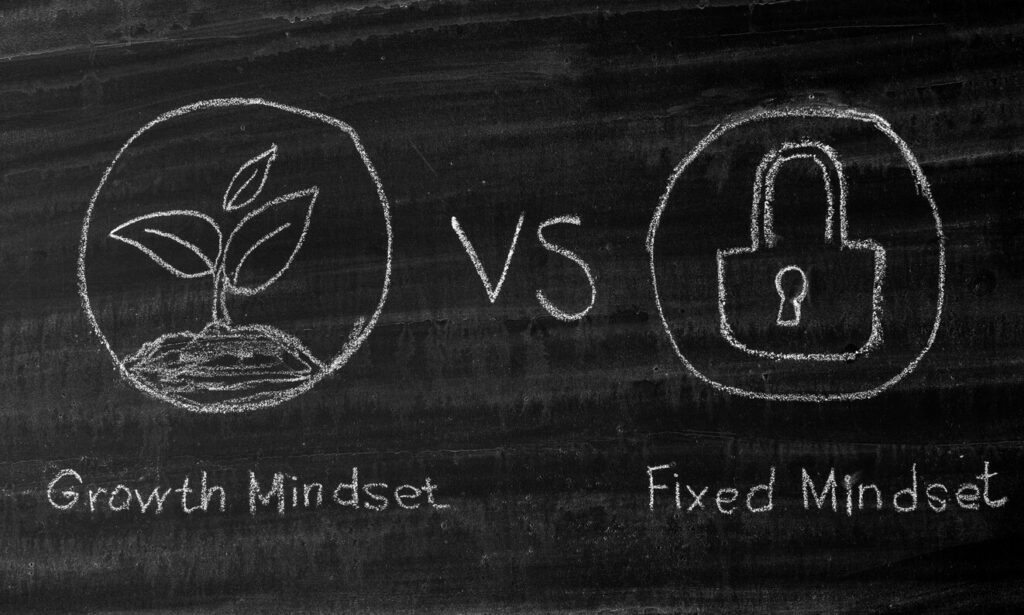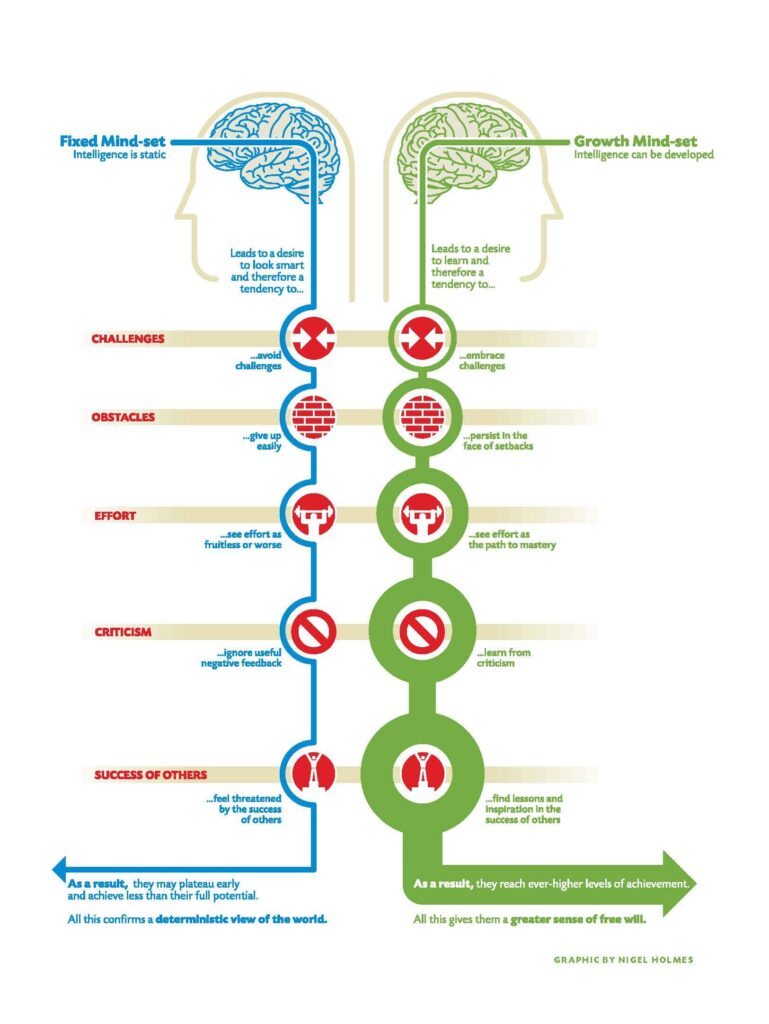Fostering a growth mindset can cultivate a more inclusive campus community
Many educators know that a growth mindset is important in the academic world, but it’s also important for diversity and inclusion efforts. Here’s why it’s important, and how campuses can work to foster a growth mindset culture that helps students feel more supported.
What is a growth mindset?
The term “growth mindset” was first introduced over 30 years ago by Carol Dweck, a psychology professor at Stanford University. Having a growth mindset means believing that your abilities can be developed; that they aren’t set in stone.
The term growth mindset has mostly been used in reference to students’ academic performance. Researchers including Dweck observed that students with a fixed mindset tended to run from difficulty. “Instead of luxuriating in the power of yet, they were gripped in the tyranny of now,” Dweck said in a TED Talk.
On the other hand, students with a growth mindset saw that traits like intelligence aren’t set in stone—that they can develop through hard work. And this belief has been linked to higher academic and personal achievements.
Growth mindset and inclusion
If you approach diversity, equity, and inclusion with a fixed mindset, you may see racism, sexism, homophobia, transphobia, and all other prejudiced beliefs as binary. In other words, in a fixed mindset, you believe people are racist or aren’t racist. If you have a fixed mindset, and you believe you aren’t racist, you may run from any person or situation that challenges this belief. You are less likely to take critical feedback because you “know” you aren’t racist.
However, with a growth mindset, you can see that you can continually learn and grow. We all have implicit biases, and those with a growth mindset are more willing and committed to learning about them in order to dismantle them.
A growth mindset helps us to be:
- More self-aware
- Resilient instead of reactive
- Open to feedback
- Courageous to confront prejudice in others
Here are some examples of ways an individual with a growth mindset contributes to a more inclusive environment:
- They lean into discomfort
- They accept critical feedback
- They’re curious about differences and open to learning new perspectives
- They admit their shortcomings

Promoting a growth mindset campus culture
Encouraging a growth mindset is a collective effort that starts at a very individual level. A growth mindset can be taught, and effective DEI training is a wonderful place to start—particularly with educators and campus leaders.
But after the training, individuals need to actually adopt and model growth mindset in action to normalize and encourage the behavior. That’s why at Kognito, we use practice-based learning using role-play conversations with virtual humans that has been proven to lead to real behavior change.
That behavior change is powerful; an educator’s mindset can have profound effects. Psychologist Mary Murphy showed in a SXSW EDU keynote that Black and Latinx students in courses taught by instructors with a fixed mindset had less engagement, lower performance, and less interest in pursuing STEM careers than white or Asian students. These inequities were narrowed significantly when faculty had a growth mindset.
Students want to feel seen and have a sense of belonging. That is a prerequisite to learning any curriculum, including learning to have a growth mindset. And when faculty and staff have a growth mindset, they are better equipped to provide that supportive learning environment.
Creating a safe and supportive learning environment is an ongoing effort. Like a growth mindset, it’s a journey, not a destination.
Give faculty and staff the knowledge and skills needed to cultivate an inclusive campus community
Faculty and staff play a vital role in creating a connected campus where all students have a strong sense of belonging and feel support. Kognito’s Cultivating Inclusive Communities interactive learning experience builds knowledge, awareness and skills to model and support a culture of growth mindset, self-reflection and openness to diverse perspectives.
Learn more about this unique 30-minute simulation-driven DEI program at Kognito.com. Or better yet, experience the power of simulation in a free demo.
